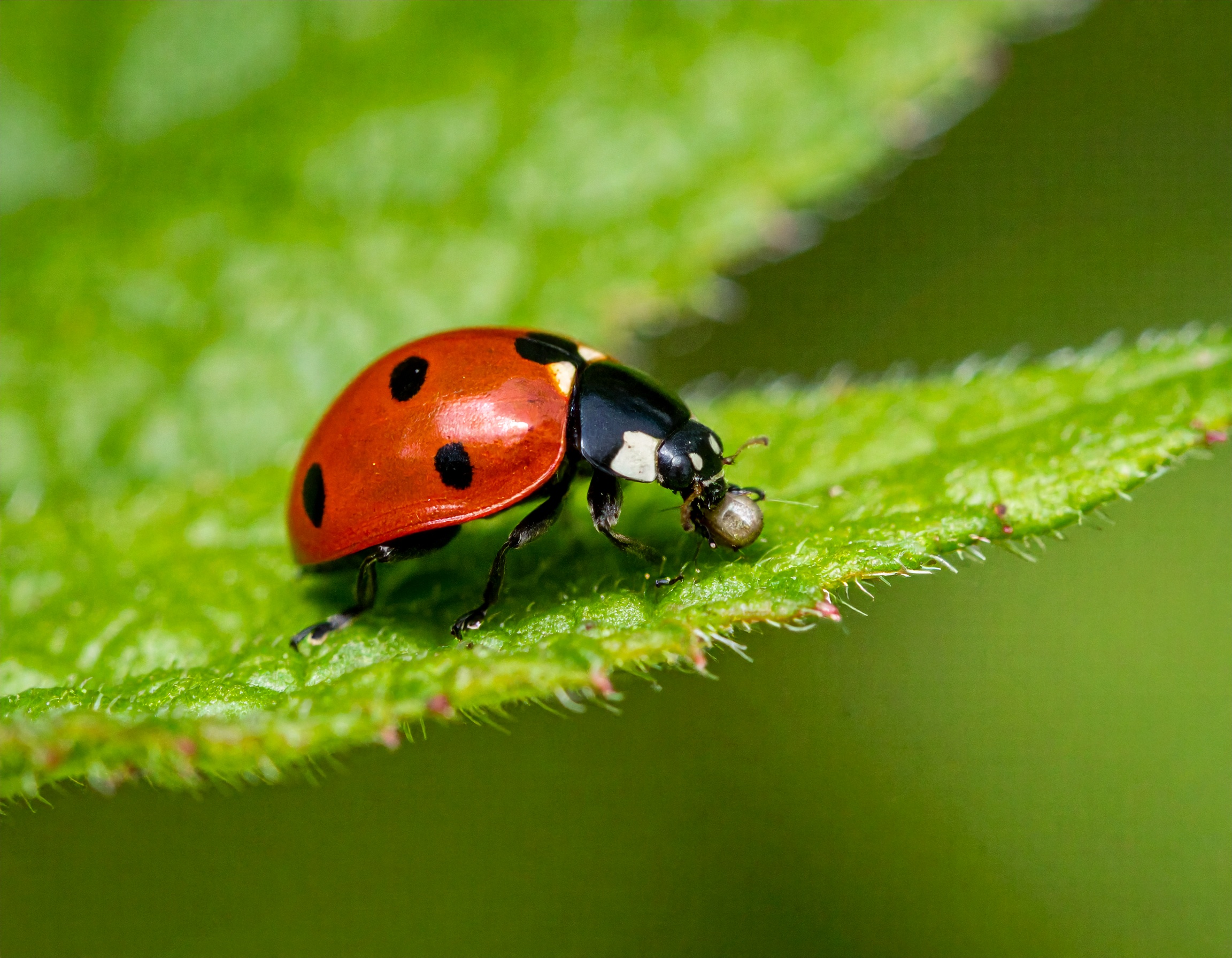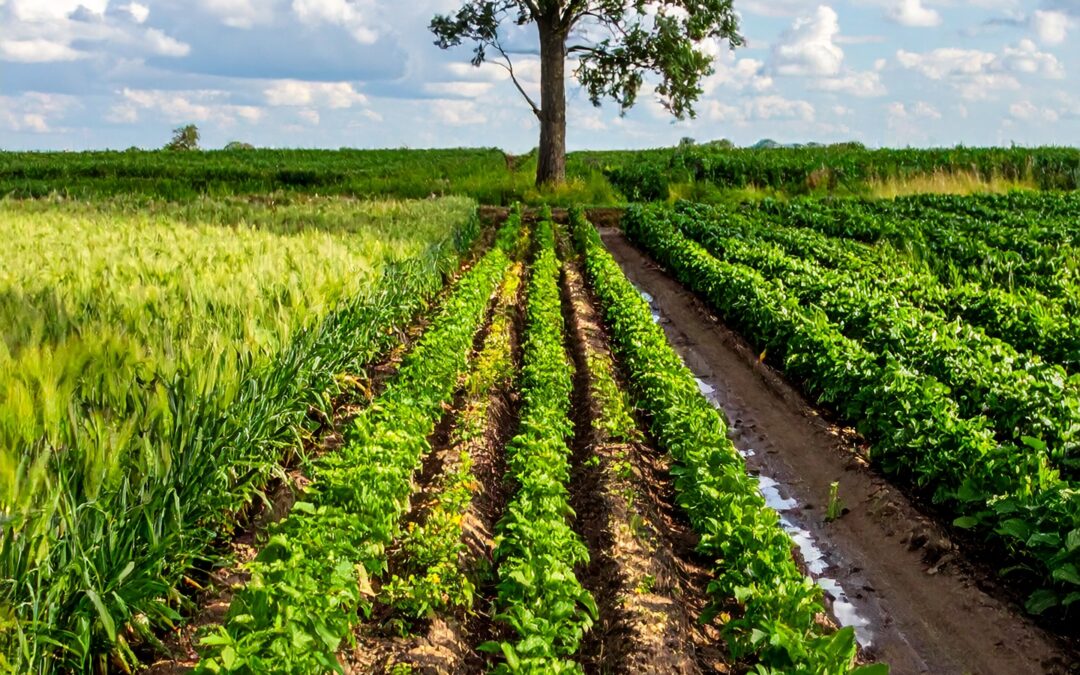Agroecology is a way of farming that is more respectful of nature and people. In short, agroecology means producing and consuming without harming the environment!
In practical terms, this means:
Supporting Farmers
Protecting soils and biodiversity
Use less fertilizer and pesticides
Valuing the work of farmers
Eat better and more locally

Why is agroecology important?
Today, industrial agriculture produces a lot, but often damages the land and the environment. Soils are depleted, rivers are polluted, and beneficial insects like bees are disappearing.
Agroecology offers another way: to produce enough without destroying the soil and consequently the planet.


Concrete examples of agroecology
Crop rotation
A farmer alternates the types of plants in the same field (for example, wheat this year, peas next year).
Compost
Instead of buying chemical fertilizers, we recycle organic waste (leaves, vegetable scraps, eggshells, ground coffee, etc.). This nourishes the soil naturally.
The hedges and trees around the fields
Planting trees, in addition to providing protection from the wind, attracts birds and insects that are beneficial to agriculture.
Short supply chains
Selling directly to consumers (local markets, farm baskets) reduces transport and allows producers to be paid better.
What can one do, even without being a farmer?
You can help agroecology even if you’re not a farmer by supporting groups and initiatives that promote environmentally friendly farming methods.
Here are some examples of how you can contribute:

Agroecology represents much more than a simple agricultural approach: it is a powerful lever for social transformation. By combining environmental sustainability and social equity, it offers a promising path for building more resilient communities in the face of crises. Every small action counts in creating a fairer and more sustainable food system.
Agroecology adopted by Mission inclusion
Mission inclusion conducted a project in Burkina Faso from 2020 to 2023 that helped women and displaced people apply agroecological practices to improve the productivity of their fields and even reclaim land considered very poor.
The results were so conclusive that a second phase of the project was launched to consolidate and expand this approach. Both phases are made possible thanks to the financial support of the Government of Quebec.
Mission inclusion supports community organizations that teach families how to grow, process, and preserve their food. Just like our grandparents did, these families learn to feed themselves year-round.
Through community gardens, processing workshops and agroecology training, we create sustainable food security: one that allows each person to regain control of their food and their future.

